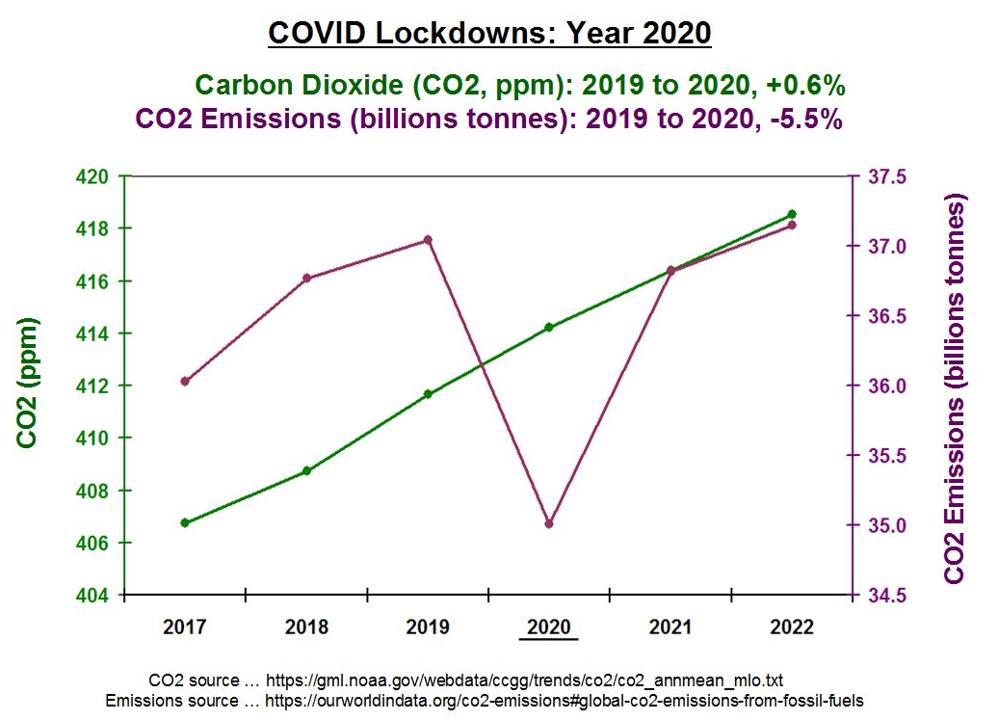https://oilprice.com/Energy/Energy-General/The-32-Trillion-Fund-Transforming-The-Oil-Industry.html
By Cyril Widdershoven – Feb 24, 2019, 6:00 PM CST

Global oil and gas companies are increasingly facing an uphill battle as global warming policies are taking their toll. Most analysts and market watchers are focusing on peak oil demand scenarios, but the reality could be much darker. International oil companies (IOCs) are likely to face a Black Swan scenario, which could end up being a boon for state-owned oil companies (NOCs).
Increased shareholder activism, combined with global warming policies of institutional investors and NGOs, are pushing IOCs in a corner, constricting financing options for oil companies.
The first signs of a green revolution in the shareholder-investors universe are there, as investors have forced Dutch oil and gas major Shell to officially change its strategy, investing in more renewable energy and energy storage. The Dutch IOC wasn’t forced by to do so because of mismanagement or a lack of reserves but due to a well-orchestrated investor/stakeholder offensive. Several other peers, such as BP, ENI or Total, are expected to experience comparable situations.
And it has become clear that not only oil and gas giants are being targeted, after one of the world’s largest mining and commodity trading companies, Glencore, decided to put a limit on its thermal coal investment. The group stated that this was done after it was confronted by a largely unknown shareholder network called Climate Action 100+, which claims to be backed by more than 300 investors, managing assets of around $32 trillion. The group was founded a little over a year ago but has already forced oil majors’ boardrooms to take radical decisions.
Related: The Ultimate Tool To Prop Up Oil Prices
The above shows that international hydrocarbon and mining sectors are facing a new obstacle, being confronted by large groups of socially and environmentally engaged shareholders, which are no longer looking at commercial value only. A combination of activist institutional investors, international pension funds and NGOs, is a new force to be dealt with. Stock-exchanged listed companies will need to address the will of their shareholders, especially with regards to climate change policies or decarbonization of the economy. After decades of having focused on creating maximum shareholder returns, things have changed dramatically, but maybe not for the better.




